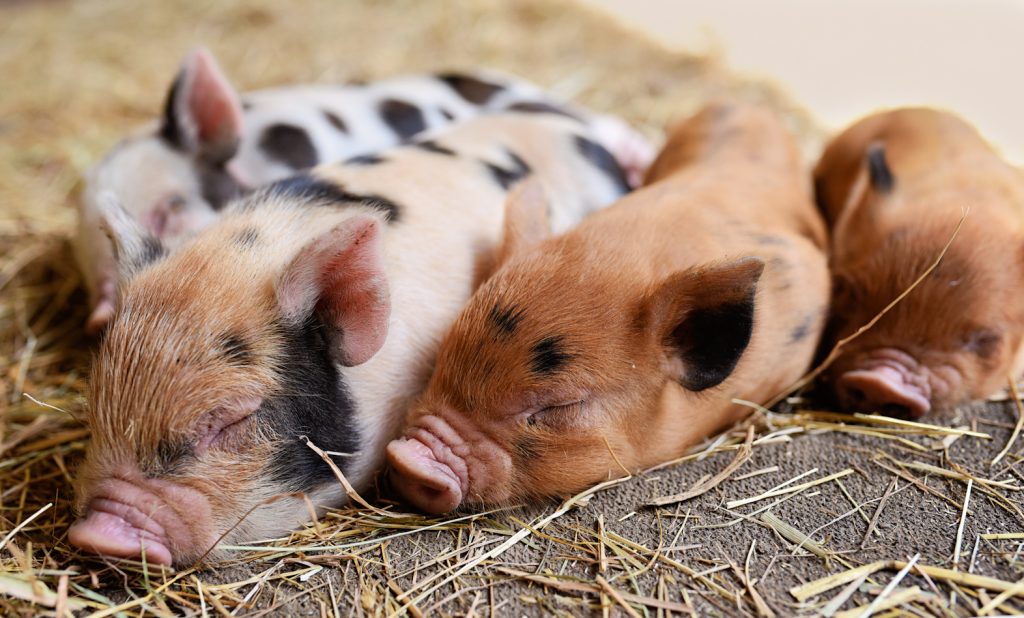With less than a month to go now is the time to get up to speed with the World Day for the End of Speciesism or WoDES for short. The End of Speciesism campaign has been running for 3 years and this year’s events are set to be the biggest to date.
The WoDES will be held on Saturday 26th August, with marches in Canada, the U.S.A, Europe, Australia and New Zealand.
A march? Really?
If you’re like me, then the idea of a march feels somewhat alien and conjures up images of hippies, punks and riot police. A little ridiculous and dated I know, but those were my first thoughts. My second thoughts were of the Suffragettes, Martin Luther King Jr and Mahatma Gandhi. Protesting through marches has united people for centuries over common, compassionate causes and after light reflection it seems the most sensible way to promote veganism.
Raising awareness, meeting with like-minded people and showing solidarity can only be a positive step forward for the end of speciesism and cruelty to animals.

So, what is speciesism?
Richard Ryder first coined speciesism in his 1971 essay ‘Experiments on Animals’, defining it as “discrimination against certain animals based on assumption of human superiority”. Peter Singer later popularised the phrase in his 1975 book ‘Animal Liberation’, writing that it is “a prejudice or attitude of bias in favour of the interests of members of one’s own species and against those of members of other species,” he argued that it was a prejudice just like racism or sexism. This notion forms the basis of the End of Speciesism campaign.

Recognising that all sentient beings, regardless of species, have feelings and emotions and therefore should be treated with the same moral and ethical considerations as people, is the foundation of the campaign. Within this, there are 5 key points to note:
- New legal status for animals – through the abolition of animals as property, which can be traded as goods or produce. Instead animals should be recognised as sentient beings with interests that should be protected by the law.
- Animal kindness through education – teaching children to be kind, compassionate and to not harm animals.
- Culture of dietary non-violence – by closing slaughterhouses which kill approximately 64 billion land animals every year, and ending fishing which suffocates around 1000 billion marine animals every year. Ending the egg industry which kills male chicks, and the dairy industry which separates calves from their mothers and kills cows when they aren’t profitable. The adoption of a plant-based, non-violent diet is the only way forward for animals and the environment.
- Adoption of ethical research – ending the use of animals as scientific equipment. It’s estimated that over 100 million animals are used every year within laboratories for experimentation and testing. The extent to which these animals are harmed varies but in most cases is significant and the majority end with the death of the animal
- Consideration for all individuals – every decision concerning the environment should take account of the interests of all animals, not just threatened species. All animals should have the right to enjoy their lives and flourish in a suitable environment that’s not polluted or contaminated.

Whether you’re a vegan, vegetarian, pescatarian or omnivore we all want to live in a society free from prejudice. Ending sexism, racism and speciesism is good for humanity, the environment and your health, so show your support by attending one of the many global marches on August 26th. To find your nearest check out the WoDES website or Facebook group.
Personally, I will be marching in Melbourne for the end of prejudice, I hope to see you there!
Image Credit: Thistle Berry Acres


